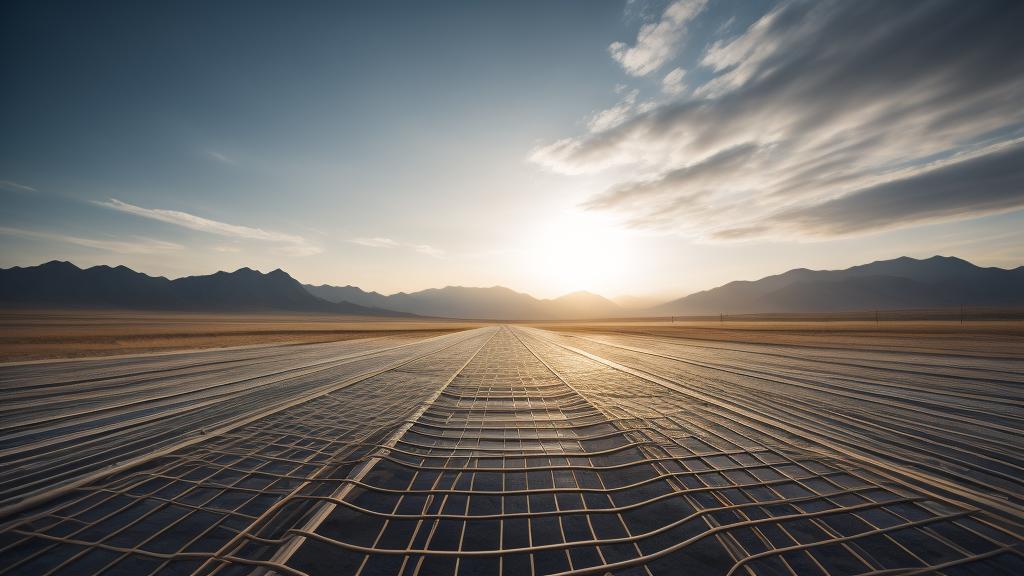As the world inches closer to a sustainable energy future, one innovation stands out in transforming how we produce and consume electricity—decentralized energy systems. These systems, which allow for local energy production and consumption, could significantly reduce our carbon footprint while enhancing energy security and resilience.
Decentralized energy, also called distributed energy resources (DER), refers to small-scale units of local generation connected to the grid at distribution level. These include solar photovoltaic (PV) panels, micro-wind turbines, energy storage systems, and combined heat and power (CHP) systems. Unlike the conventional centralized energy systems where power is generated at large plants and transmitted over long distances, decentralized systems generate energy close to or at the point of use.
One of the chief benefits of decentralized energy systems is efficiency. By generating energy closer to the point of consumption, they reduce transmission and distribution losses, which are inevitable in centralized systems. This localized production means that communities and individual consumers can be more self-sufficient, reducing dependence on distant power plants and the grid.
Furthermore, decentralized systems foster innovation and diversification in energy sources. For instance, residents can equip their rooftops with photovoltaic panels, harnessing solar energy to power their homes, or even electric vehicles. Businesses can take advantage of wind turbines to generate their own electricity, while industrial plants utilize CHP systems to enhance their energy use efficiency. The versatility of DERs means that communities can tailor their energy solutions to their specific needs and resources.
Importantly, decentralized energy can also play a critical role in advancing energy equity. In regions where connecting to the conventional grid is challenging or costly, decentralized systems can provide a more accessible and affordable energy alternative. This democratization of energy can contribute to sustainable development by enabling energy access in underserved regions.
The adoption of decentralized energy solutions also provides a buffer against grid disruptions. In the wake of natural disasters or grid failures, local energy production can maintain critical services, prevent blackouts, and speed up recovery efforts. Consequently, decentralized systems not only offer economic and environmental benefits, but they also play a vital role in ensuring community resilience.
However, the transition to decentralized energy systems is not without challenges. New regulations and market structures need to be developed to accommodate the integration of DERs into existing grids. Additionally, there is a need for significant investment in smart grid technologies that can efficiently manage an increasingly complex energy network.
Cybersecurity is another pressing concern, as decentralized systems rely on interconnected networks that could be vulnerable to cyberattacks. Ensuring the security of these networks is paramount in maintaining reliable and safe energy systems.
The evolution of decentralized energy systems is an exciting frontier offering significant potential benefits. As technological advancements continue and policy frameworks evolve, decentralized energy could become a cornerstone of future energy strategies, revolutionizing how we think about and use power.
In conclusion, decentralized energy systems present a unique opportunity to build a sustainable, resilient, and equitable energy future. By embracing the benefits and tackling the challenges, governments, businesses, and communities can drive the movement toward energy independence and sustainability.
The future of decentralized energy: A revolution brewing below the grid

